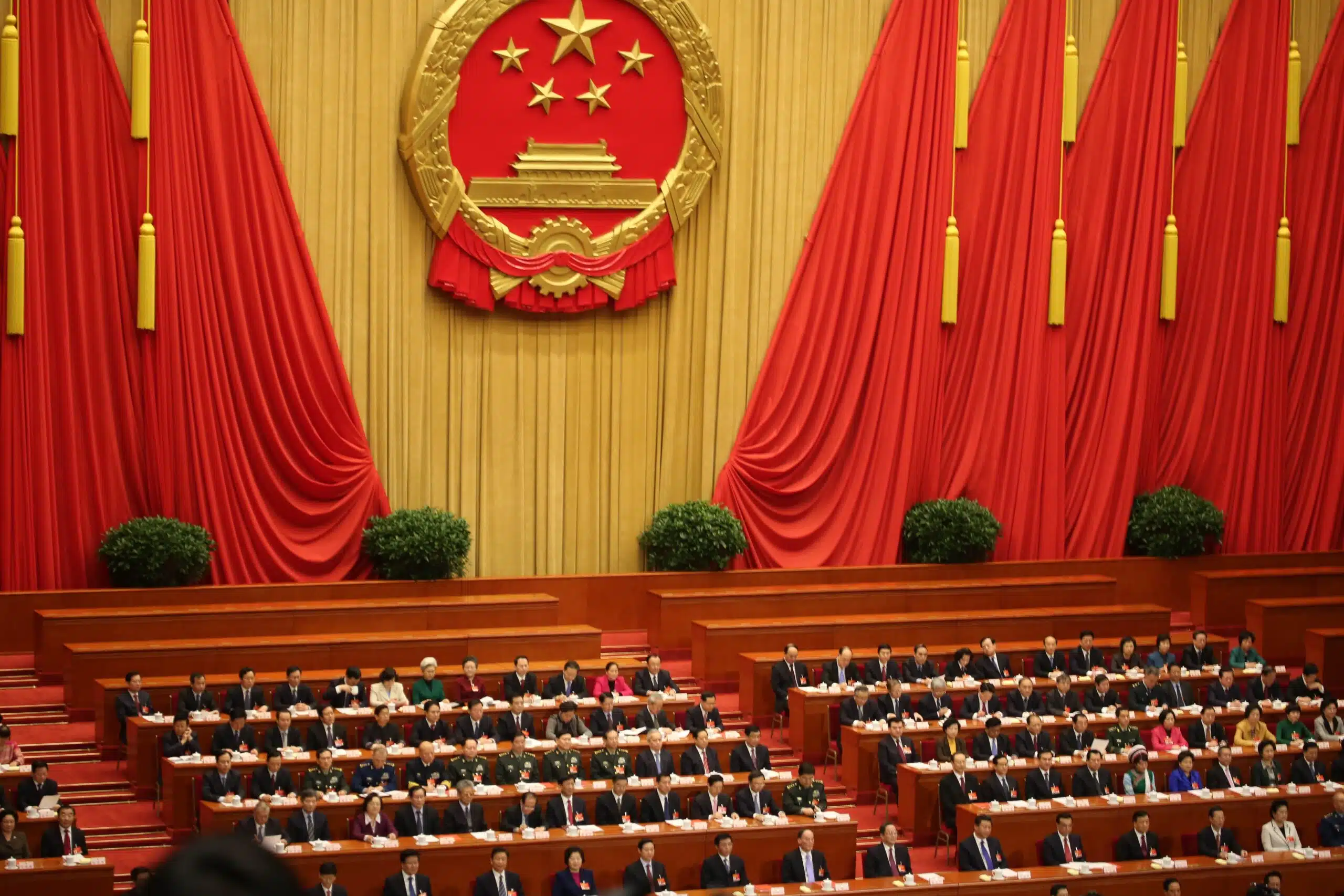The Russian government, via state-owned transport company Rosatom, has entered into an agreement with China’s Hainan Yangpu Newnew Shipping to form a new joint venture that will operate container vessels year-round on the Northern Sea Route (NSR).

The agreement also calls for the construction of five ice-capable containerships capable of operations in the Arctic, particularly along the 13,000-kilometre-long NSR.
The joint venture company will include the ports of Arkhangelsk and Murmansk in its calls due to their potential for handling greater cargo volumes.
The partners aim to ship 200 million tonnes of cargo through the NSR by 2031. The longer-term goal is to have 1.8 billion tonnes pass through the route by 2035.
The joint venture is scheduled to be finalised this August with operational sailings to commence shortly afterwards.
The establishment of the joint venture is in response to Russian President Vladimir Putin’s calls for greater shipping traffic passing through the NSR.




This collaboration will definitely have a positive impact on the region’s development and economic growth. Looking forward to seeing the advancements and opportunities that this partnership will bring.
This initiative not only underscores the growing partnership between these two nations but also highlights their commitment to exploring and harnessing the vast resources of the Arctic region. As climate change continues to open new maritime routes and access to untapped natural reserves, it is imperative that such collaborations prioritize sustainable practices and environmental stewardship. The implications of this venture could be far-reaching, potentially influencing geopolitical dynamics and economic opportunities in the Arctic.
The timely formation of this Arctic company by Russia and China is a noteworthy development in global geopolitics. It reflects an increasing recognition of the Arctic’s strategic importance and sets a precedent for future collaborative efforts among nations interested in this vital area.
This collaboration between Russia and China could potentially reshape Arctic dynamics, but it’s crucial that they consider international regulations and climate change impacts as they move forward with their plans.